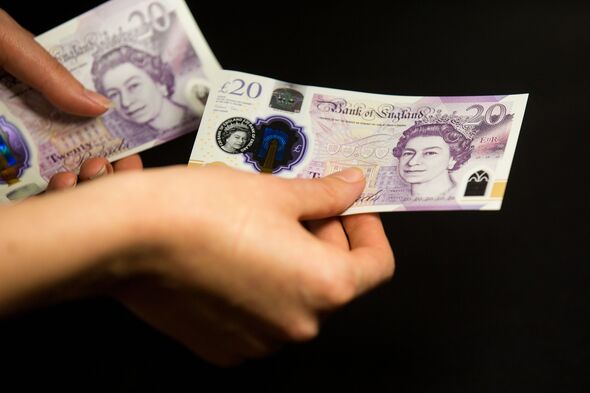
The New Year has arrived and with the dawn of January comes financial planning for 2025.
This month, there are already five key money changes to look out for, affecting everything from energy bills to bus fares, state pension Winter Fuel Payments and taxes.
The changes, starting on January 1 and spread throughout the month, could directly affect the amount of spending power and disposable income you have this year.
Here are all the key money changes to make a note of in January 2025:
January 1 – Ofgem energy price cap
Starting today, Ofgem has raised prices on gas and electricity yet again, with a 1.2% rise on typical household bills, on top of a 10% increase in October.
That means households are paying about £160 more for electricity and gas than they did in September 2024.
You can still avoid the price rise by fixing – fixed tariffs which undercut the price cap are still available and with another price rise due in April, a pretty safe bet right now.
January 1 – bus fare cap rise
The previous £2 bus fare cap ended on December 31, 2024. Labour then announced a new cap on bus fares, but set at £3 instead, a 50% rise.
Both First Bus and Stagecoach announced that some of their fares will increase to the new £3 price from January 1.
Routes where fares are less than £3 will only be allowed to increase in line with inflation, while any other single bus fare route can exceed £3.
This doesn’t apply to Transport for London or Greater Manchester, which have separately funded transport and fares remain lower.
January 29 – Winter Fuel Payment end date
The £200 to £300 Winter Fuel Payments caused a lot of uproar when Chancellor Rachel Reeves announced that the money paid to pensioners each winter would be changed to a means-tested approach, so most state pensioners would not automatically get the payments. Instead, they are only paid to those claiming Pension Credit due to a low income, and even then, you must claim the Winter Fuel Payments themselves.
The Winter Fuel Payments should have been paid to all eligible households by January 29. If you haven’t received a letter to tell you you’ll be getting the money by then, you need to chase it by calling the Winter Fuel Payment Centre on 0800 7310160.
January 31 – HMRC deadline for self-assessment tax returns
It’s the dreaded day everyone who has to submit a self-assessment hates: submission and payday. January 31 is the day those who need to complete a tax return must send it to HMRC and in some cases make a payment towards owed taxes.
Anyone who earns over £1,000 from a second income source, such as a buy-to-let property, a side hustle or even selling on eBay must submit a self-assessment tax return.
You will also need to submit one if you earn over £150,000.
Those who have never had to submit one before will also need to register for self-assessment first.
Given that those missing the deadline for submission can be issued a fine by HMRC, of £100 for any submission up to three months late, plus interest. After three months, it’s even more.
January 31 – Final day for alcohol duty freeze
A hold on alcohol duty rates was extended until February 1 in Rachel Reeves’ Budget. This means that alcohol duty rates will increase on February 1 for all non-draught products. Draught products like pints of lager in pubs are exempt, but other drinks may see price increases.
So even if you’re doing dry January, the last day of January might be the best time for a cheap drink before prices rise on February 1.

















